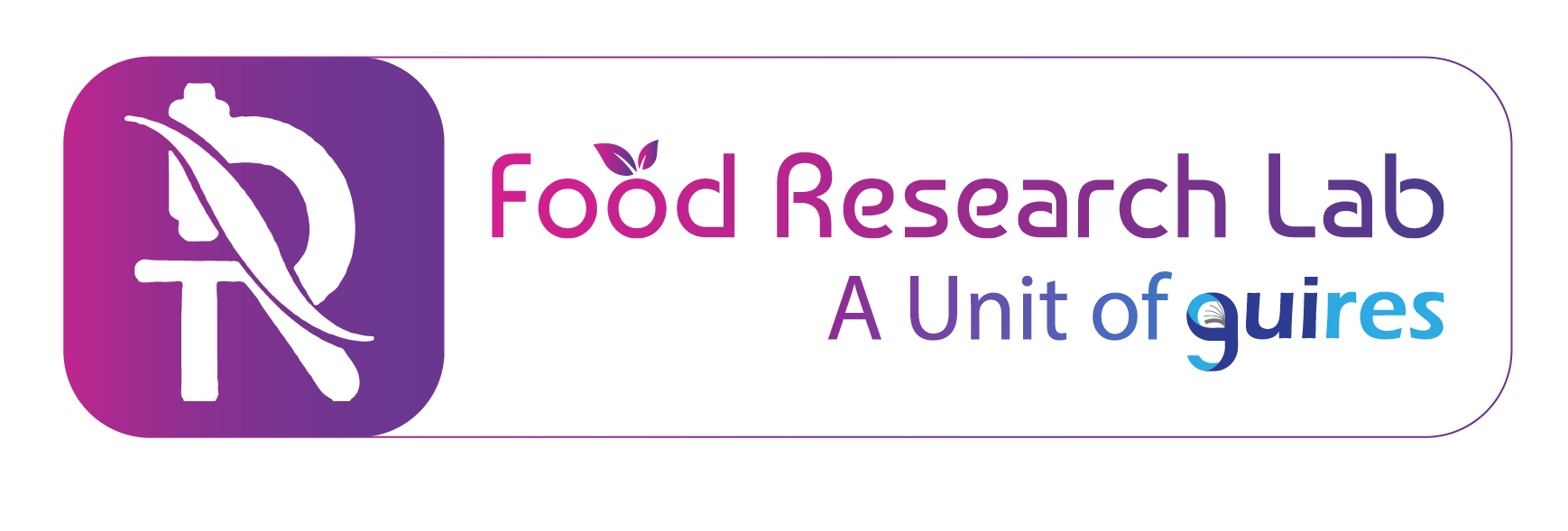
Is there any difference in the FDA and EU regulations on Caffeine recommendations in energy drinks?
Is there any difference in the FDA and EU regulations on Caffeine recommendations in energy drinks?
Yes, there are differences in the FDA and EU regulations on caffeine recommendations in energy drinks.
The Food and Drug Administration of the United States (USFDA) does not have specific limits on the amount of caffeine that can be added to energy drinks or dietary supplements. Still, it requires that the amount of caffeine is fit for consumption by humans and does not present a risk for unreasonable and significant disease or injury. Adults Although the FDA advises against exceeding 400 mg of caffeine daily for adults, there are no specific recommendations for energy drinks [1].
In the European Union, energy drinks exceeding 150mg of caffeine per litre should carry warning labels that they are not recommended for children, pregnant or breastfeeding women, or caffeine-sensitive individuals . The EU also restricts the amount of caffeine in energy drinks to no more than 320mg per litre [2].
The EU and FDA also have different labelling requirements for energy drinks. For example, the EU requires energy drinks to list the caffeine content and warning labels on the front of the can, while the FDA requires caffeine content to be listed on the nutrition label on the back of the package [3, 4].
These regulatory discrepancies result from the different approaches the FDA and EU have taken to address the potential health risks of consuming large amounts of caffeine from energy drinks.





